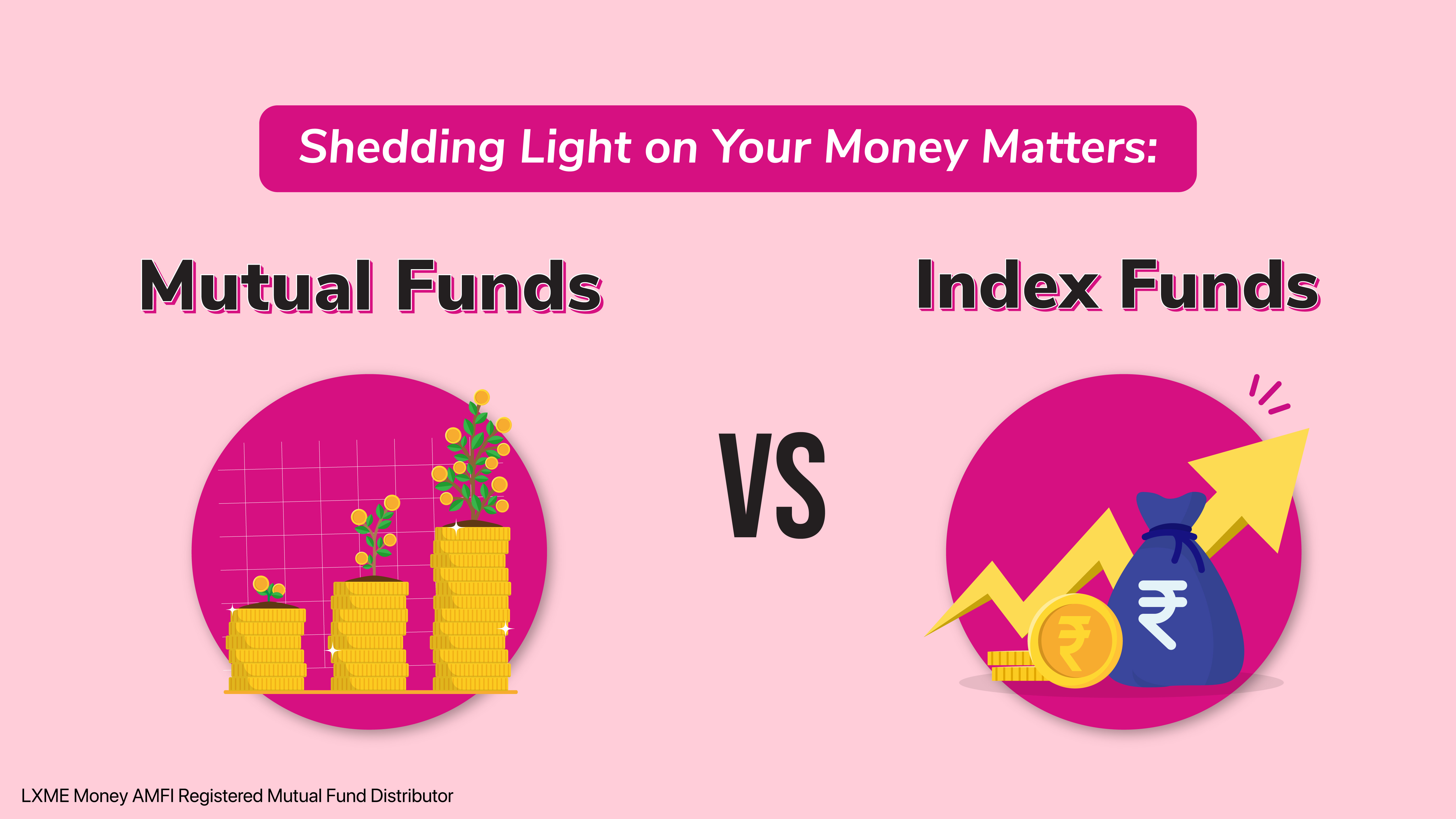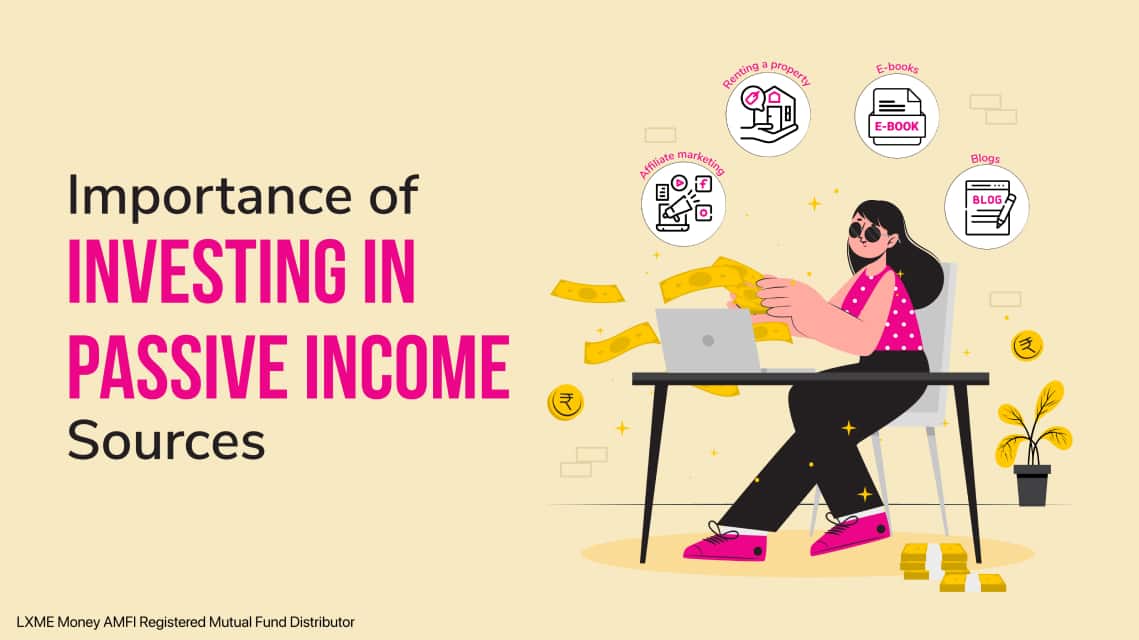In today’s world, having multiple sources of income has become increasingly important, especially for women. Relying solely on your 9-5 job income may not be enough to cover all expenses and achieve financial freedom. This is where exploring passive income investments can make a huge difference.
Passive income refers to earnings that require little to no effort to generate. The income is called “passive” because it flows in automatically without you having to work actively once the initial setup is done. The key benefit of passive income is that it provides extra earning sources without eating into your precious time.
Some popular types of passive income investments that women can consider include:
Rental Property Income:
Buying and renting investment properties can provide ongoing passive income. The key is buying in a good area, pricing rent right, and managing the property well.
Affiliate Marketing:
This involves promoting products/services on your website and earning commissions on leads/sales generated. After setting up the affiliate relationships, the income is passive.
Dividend Stocks:
Passive income from the stock market involves investing in stocks of companies that pay out dividends. The stocks can be held long-term while you earn a quarterly income through the dividends.
YouTube Channel:
Building a monetized YouTube channel allows you to earn ad revenue from videos. Though it takes work to create videos initially, the income over time is passive.
eBooks/Courses:
Creating information products like ebooks, online courses, or guides once and selling them repeatedly generates passive income. You can sell these on your website or other educational platforms.
Starting a Blog:
Monetizing a blog via ads, affiliate links, and selling digital products can earn you regular passive income each month.
Now that we know multiple source of income, here are some benefits of multiple income streams to know why women should focus on building passive income sources:
Provides Financial Security
Having multiple income streams acts as a safety net against uncertainties. If you lose your job or are unable to work for a period, the passive income sources ensure you still have money coming in to cover expenses. This provides a sense of financial security.
Achieve Financial Goals Faster
Extra earnings from passive income can be used to pay off debts, save more, invest further, or fund big expenses like vacations, your child’s education or buying a house. It helps you achieve these financial goals much faster. You can calculate the cost of your goals with LXME’s Calculators and start investing towards them.
Gain More Free Time
Since passive income does not require active ongoing work, you end up gaining more free time. This time can be spent with family, pursuing hobbies, or taking vacations. The flexibility and freedom are invaluable.
Build Long-Term Wealth
With disciplined investing, passive income from the stock market, mutual funds, and other sources can grow substantially over the years. The compounding effect results in building significant wealth over the long term. Every woman should start investing, and you can do that easily with LXME.
Take Career Breaks
Having passive income means you don’t have to depend on your job as the sole source of earnings. You can take maternity breaks, sabbaticals, or even switch careers without worrying about income drying up.
Gain Financial Independence
At higher levels, passive income can fully cover your living expenses and free you from being dependent on your job. This opens the door to early retirement so you can live life on your terms.
While passive income offers many rewards, remember that you need to make smart investment choices. Conduct thorough research to know the best passive income investments, understand the risks involved, and seek expert help if required before investing your hard-earned money. You can avail a 1:1 Session with LXME’s Money Experts to get started on your investment journey.
Start small, diversify across various income sources, and be patient as it takes time to build passive income streams to levels that make an actual difference.
The possibilities are endless if you start focusing on passive income by investing. Even some extra thousand rupees a month can go a long way in providing that much-desired financial security and flexibility. So explore your options, make a plan, and get started on building those multiple streams of passive income today!
FAQs
1. What’s the best passive income to invest in?
The best passive income streams include dividend stocks, rental property income, and affiliate marketing as they are more stable and lucrative options.
2. What is the easiest form of passive income?
Affiliate marketing tends to be one of the easiest passive income sources to get started with. Once your affiliate links are set up, you can earn commissions from sales without much effort. Other relatively easy options are monetized YouTube channels, eBooks, and peer-to-peer lending platforms.
New Investor? Request a Callback.
Fill in your details and we will guide you at every step
other blogs

Mutual Funds July 1, 2024
Shedding Light on Your Money Matters: Mutual Funds vs Index Funds
Conquering your financial goals takes knowledge and the right tools. At LXME, we empower women to take control of their money with online SIP investments. Today, we’ll delve into the world of mutual funds and index funds, two popular investment options. Understanding the difference between mutual fund and index fund will equip you to make … Shedding Light on Your Money Matters: Mutual Funds vs Index Funds

Mutual Funds
Conquer Your Future: Best SIP Plans for 30 Years and Building Financial Freedom with LXME
At LXME, we empower women to take control of their finances and achieve financial freedom. We understand the unique challenges women face when it comes to money matters, and that’s why we’ve built a safe and supportive investment platform designed exclusively catering to investment for women. But financial freedom doesn’t happen overnight, it requires a … Conquer Your Future: Best SIP Plans for 30 Years and Building Financial Freedom with LXME

Money Hacks Mutual Funds June 27, 2024
Navigating the Best Time to Buy Shares for Long-Term Growth
In the dynamic world of stock markets, strategic timing can be a game-changer for long-term investors. Our comprehensive blog, “Trying to Time Investments? Here Are Some Tips,” available on LXME, offers valuable insights into mastering the art of timing in stock investments. Uncover tips and strategies to identify the opportune moments to buy shares for … Navigating the Best Time to Buy Shares for Long-Term Growth









